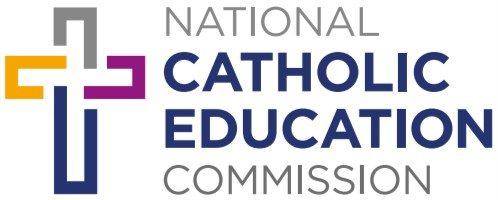30 April 2018
The National Catholic Education Commission welcomes the report of the Review to Achieve Educational Excellence in Australian Schools, Through Growth to Achievement, released by the Australian Government today.
The NCEC’s acting executive director Ray Collins says, while there is a need to look at the report in further detail, the wide-ranging report appears consistent with the submissions lodged by Catholic education entities, takes into account current educational research and thinking, and responds to the key challenges being faced by Australian schools and systems.
Mr Collins said on first impressions, the recommendations reflect many of the strategies identified in Catholic sector submissions, including:
- the need for a national evidence base and broader performance and assessment measures for teachers to use beyond standardised testing
- ensuring a national approach to learning and performance measures across early childhood to post-school pathways • ensuring teachers are well-supported with professional learning
- ensuring greater autonomy for teachers and principals • identifying strategies to lift the status of the teaching profession, and
- a renewed commitment to prioritising capabilities within the Australian Curriculum.
“In particular, we welcome the recommendations to ensure a strong foundation for the early years of schooling and a stronger focus on capabilities such as critical thinking, creativity and complex problem solving.”
“This will require broad-based assessment and performance measures that teachers can use to inform their teaching and learning programs,” Mr Collins said.
“Catholic education strongly supports the report’s recommendations that reduce the administrative and reporting burden on teachers and principals to ensure more time for their own professional learning and instructional leadership.
“The focus on personalised learning to achieve one year’s learning gain for each student regardless of their starting point is a commendable goal, which will make it absolutely necessary to reduce unnecessary bureaucracy and distractions to learning and teaching, and will have critical implications for the resourcing and funding of schools and systems,” he said.
The NCEC believes greater consultation and a national discussion is needed for the recommendations to develop a national approach to Years 11 and 12 and the ambitious introduction of a new national education agreement in 2019.
Mr Collins said the implementation of the review’s recommendations will be challenging as they require the cooperation of state and territory governments and all school sectors, and will involve significant reform within school communities.
“This is a substantial report but one that will be challenging to implement, largely because of its reliance on the cooperation of all sectors and governments. Many of the recommendations rely on reform at the school or classroom level, which requires appropriate support, resources and local leadership.
“Central to the successful implementation of the recommendations is the recognition of the needs of school systems – such as the Catholic system, the nation’s largest provider of schooling outside government – to have the necessary autonomy to address need.
“It’s a big challenge that will require a significant commitment from all governments and we hope that the upcoming federal budget will reflect the costs involved in implementing these proposed reforms, as well the recommendations from the recent report into Regional, Rural and Remote Education.”
